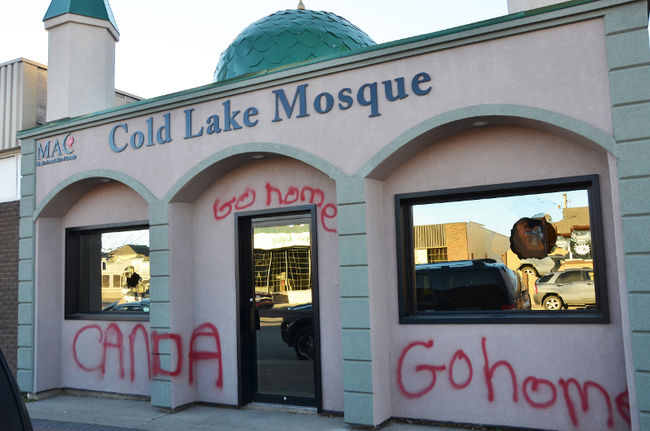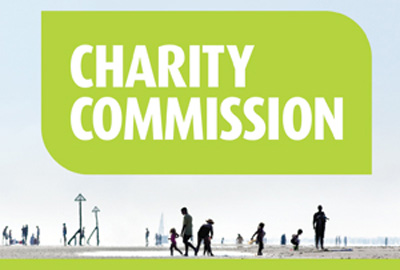
Sharia hysteria in New York, August 2010
Sharia law has been “banned” by Alabama in the US – even though it has never been part of the state’s legal system.
Under the “American and Alabama Laws for Alabama Courts Amendment”, it is now illegal for judges to apply any foreign law if it violates citizens’ existing rights.
Voters passed Amendment One on Tuesday, which despite being worded to encompass any foreign law, sprang from a specifically anti-Sharia bill first proposed almost four years ago.
Senator Gerald Allen’s original attempt, the “Sharia Law Amendment”, targeted Islamic laws but was dropped after a similar move was blocked in Oklahoma because it was found to unconstitutionally limit religious freedoms.
In a 2011 interview with the Anniston Star, Mr Allen claimed the measure as necessary to “protect” the current legal system but seemed unable to define Sharia. “I don’t have my file in front of me,” he said. “I wish I could answer you better.”
The paper found that the bill’s definition of Sharia – “a form of religious law derived from two primary sources of Islamic law: the divine revelations set forth in the Koran and the example set by the Islamic Prophet Muhammad” – was almost identical to the current Wikipedia entry on the subject.



 Muslim groups are disappointed that Stephen Harper hasn’t spoken out against a spike in anti-Muslim hate crimes since two separate attacks by jihadist sympathizers left two Canadian soldiers dead last week.
Muslim groups are disappointed that Stephen Harper hasn’t spoken out against a spike in anti-Muslim hate crimes since two separate attacks by jihadist sympathizers left two Canadian soldiers dead last week. The government’s charity watchdog has launched a series of formal investigations into British aid organisations, amid concerns that they are at risk of being hijacked by terrorists in Syria and Iraq.
The government’s charity watchdog has launched a series of formal investigations into British aid organisations, amid concerns that they are at risk of being hijacked by terrorists in Syria and Iraq. Secretary of State for Education, Nicky Morgan, has watered down the findings of former national head of counter terrorism’s investigation into extremism at Birmingham schools as a “spectrum of behaviours.”
Secretary of State for Education, Nicky Morgan, has watered down the findings of former national head of counter terrorism’s investigation into extremism at Birmingham schools as a “spectrum of behaviours.” Israeli Right-wingers have revived highly contentious plans that could effectively silence the Muslim call to prayer, known as the muezzin.
Israeli Right-wingers have revived highly contentious plans that could effectively silence the Muslim call to prayer, known as the muezzin.